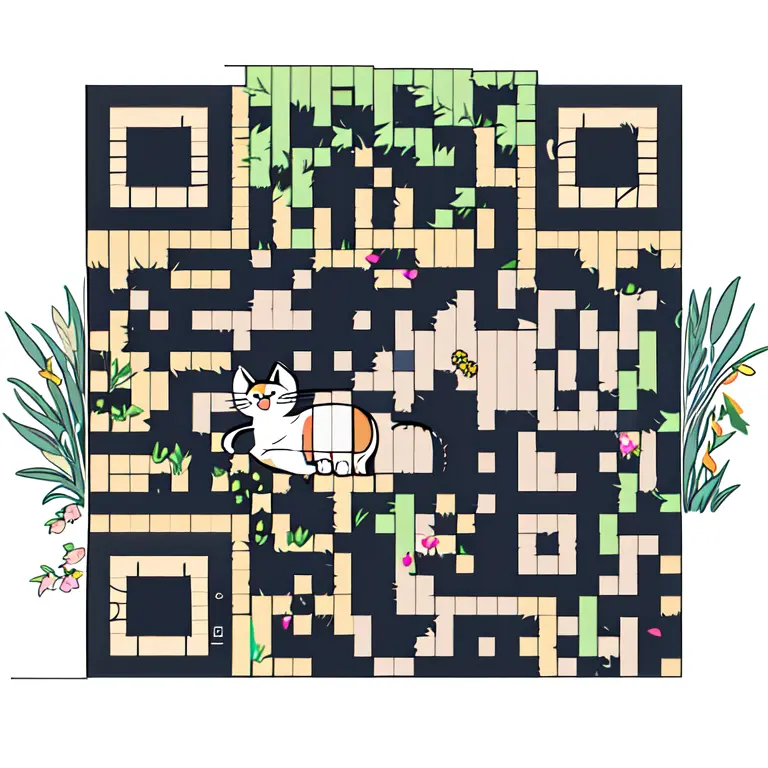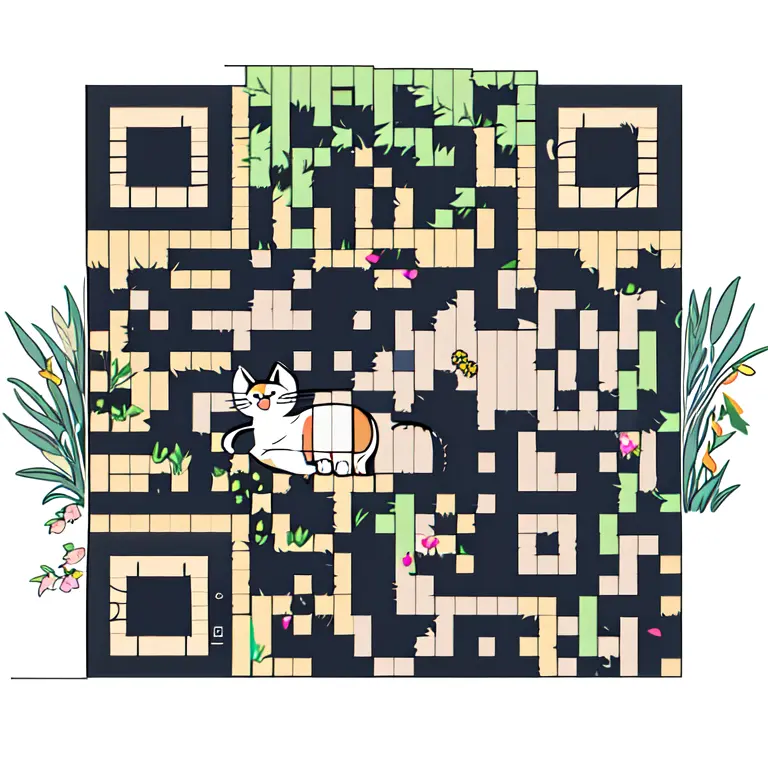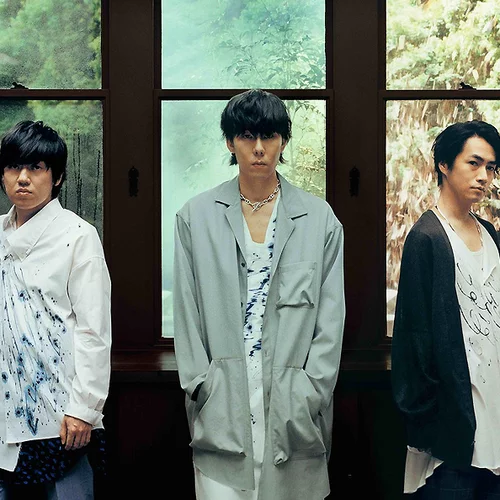I’m delighted to announce that my latest manuscript has been accepted for publication in JMIR Formative Research. This marks the third paper in my career, but it holds a special place as my first research project as a principal investigator. Looking back, I recall the moments of uncertainty at every stage of the experiment and the struggle to write each paragraph. I had a burning question, yet I found myself wandering in search of answers, a journey that has been both challenging and rewarding.
During my time as a house officer in dental school, I frequently worked alongside the Department of Preventive and Community Dentistry assisting with patient surveys and screening examinations. One particularly memorable project involved recruiting individuals with gum inflammation and conducting examinations to measure the gap between their teeth and gums. This intricate measurement required assessing six distinct sites for each tooth and covering all 28 teeth. Despite our collective efforts, we found ourselves physically and mentally exhausted by the end of the day. Regrettably, we fell short in terms of both the number of candidates to cover and the required sample size.


It quickly became clear that an effective method for candidate prioritization could have significantly enhanced our efficacy. This experience served as the foundation for my master’s research. I delved into the development of multiple screening models utilizing statistical and machine learning algorithms. These models aimed to estimate the risk of severe periodontitis, enabling us to prioritize patients before conducting a comprehensive examination.
The transition from clinical practice to biomedical research was a formidable leap, given my limited experience in research methodology. The landscape in Myanmar was neither well-established nor well-supported, and research methodologies were not a standard part of the undergraduate curriculum. I had to take the initiative, participating in grassroots projects and learning the ropes of data collection and basic SPSS analysis under the guidance of project leaders. Occasional training sessions by local scholars with overseas training provided further insights. Despite the small research community, we were a tight-knit group, bound by shared goals and challenges. Upon graduation, Professor Dr. Ko Ko Soe from the Department of Preventive and Community Medicine suggested I continue my studies in Thailand, hoping I would gain exposure to a different academic environment.


My initial semester in postgraduate studies was filled with overwhelming and disorienting experiences. Adapting to a new culture and academic setting proved challenging, especially when my peers had superior educational backgrounds and experience. As my field of study leaned heavily on quantitative methods, those first months were a whirlwind of Google searches to decipher complex mathematical notations in a wide range of materials.
Mastering various data analysis programs, from Python to STATA, became a defining aspect of my journey. The “learning by doing” approach proved most effective, and debugging – the art of identifying and rectifying errors – became a pivotal skill that allowed me to explore languages beyond the standard curriculum. In the pre-ChatGPT era, online discussion boards and forums, especially Stack Exchange, were my lifelines, helping me navigate the intricacies of my master’s degree.


My growth in the field became palpable, leading my dissertation to deviate significantly from my initial proposal. I learned how to manipulate data effectively and refine classification algorithms. Each experiment taught me valuable lessons, and I went beyond my curriculum and study protocols to expand my horizons. Faced with limitations in statistical libraries for Python, I taught myself R programming to broaden my capabilities. I even emulated a mixed effects study design in machine learning, enabling my models to handle repeatedly measured observations. According to my scholarship program’s regulations, I successfully presented my study at an academic conference and defended my thesis within two years, graduating ahead of my peers after two years of rigorous study.


However, my ultimate goal was to get my study published. Over the last two years as a research assistant, I’ve had multiple studies published, but this one remained under review. This could lead one to wonder if the study didn’t meet the standards, a thought that I grappled with, albeit not entirely disagreeing with. As I gained more experience, I too had reservations about how the study could be improved.
But in reality, this paper was rejected by only one academic journal (a prestigious one in the field of Dentistry) and was accepted after just one round of peer review. This made me realize the bottleneck in scientific research lies in the shortage of reviewers, particularly academics willing to review. Each review round took multiple months, with the longest taking nine months. It was consistently the editor’s struggle to recruit willing peer reviewers. At times, academic journals even asked for nominations from researchers. I decided to contribute by sharing my time as a peer reviewer for studies in my field. This not only allowed me to understand what reviewers expect but also kept me in the loop with the latest developments in healthcare research.


Currently, the paper is online ahead of print at JMIR preprints. The full text will be available soon here. The paper is mirrored on this site at Works section.













































